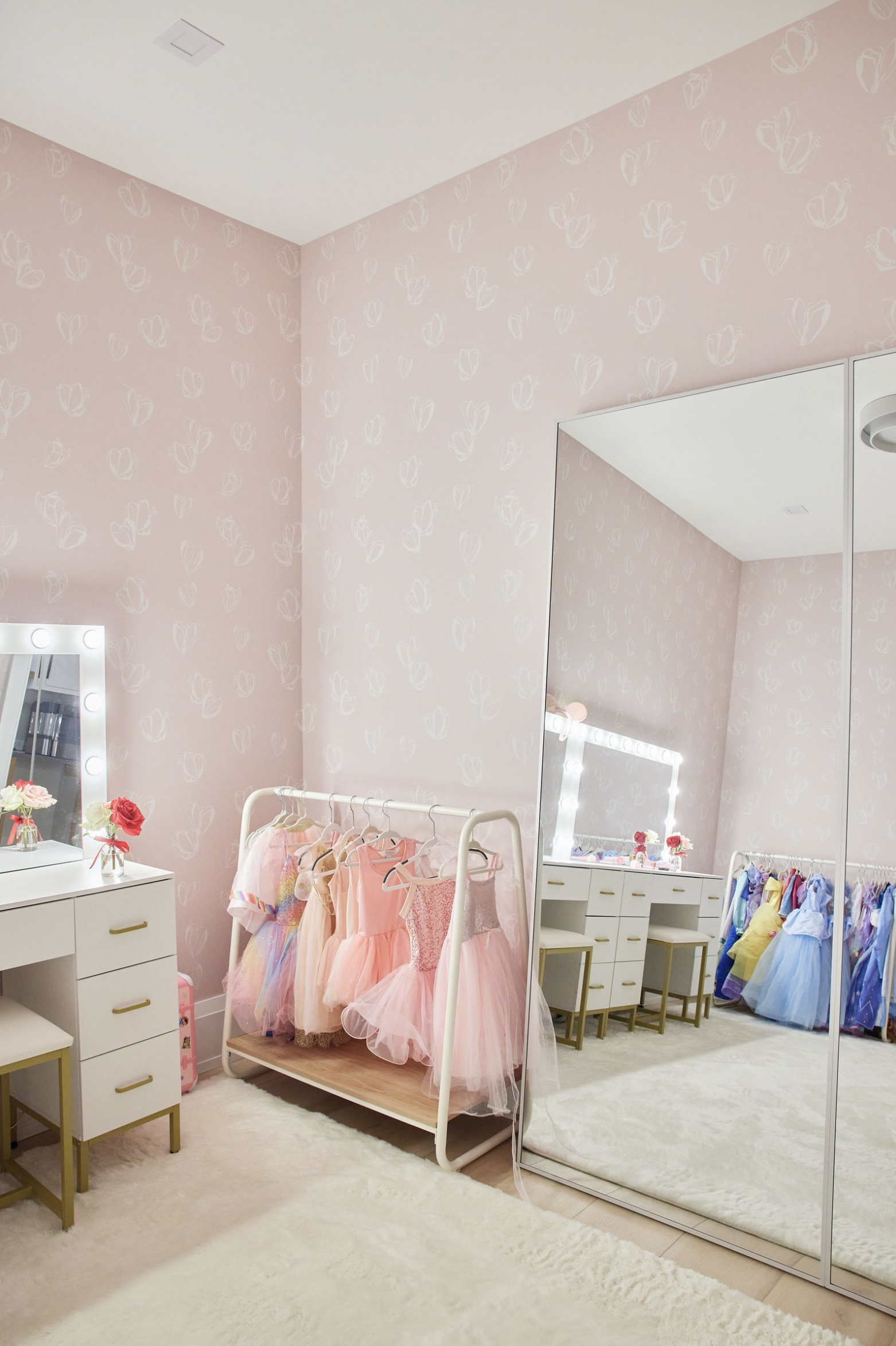incorporating mirrors
A well-placed mirror can transform simple play into an opportunity for learning and growth.
When children interact with their reflections, it helps them understand emotions. They can see how internal feelings change their facial expressions, which is vital for emotional intelligence and empathy.
By watching themselves in a mirror, children also better understand their body's position in space, enhancing their spatial awareness and coordination. This is particularly important for gross motor development.
While traditional designers turn to mirrors because they multiply light and make the space feel larger, we use mirrors so that children can explore their expressions and movements in a safe, engaging environment.
Incorporating mirrors into our playrooms transcends aesthetics; it's a strategic choice supporting early childhood development.


